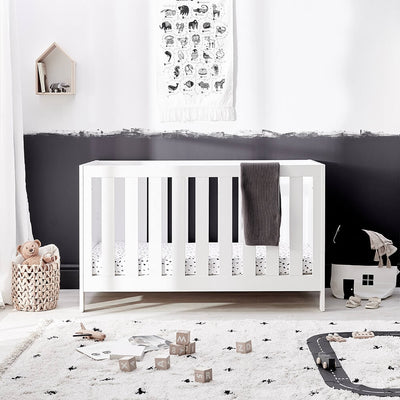This week has seen some brand new research in the British Medical Journal regarding infant car seats.
Quick Summary: The hot topic has been the subject of debate and scrutiny over the past few years, with parents now recognising the impact that keeping an infant in a car seat for long periods of time may have on their development.
This week’s British Medical Journal states in their report that newborn infants may be at risk of breathing difficulties if left in car safety seats for long periods; particularly when travelling – this is something that many parents are now aware of.
The recent research was funded by the Lullaby Trust (A charity promoting safer sleep for babies), and carried out at the Great Western Hospitals NHS Foundation Trust, with support from the University of Southampton and the University of Bristol.

Using motion simulators and standard rear-facing 0+ infant car seats, the researchers concluded that “Placing an infant at the more upright 40° position, along with the vibration experienced in a car, leads to significantly increased heart and respiratory rates, and decreased oxygen saturation. Simulating motion reveals a striking increase in potentially clinically significant oxygen desaturations. Surprisingly, we found these differences were similar in term and preterm infants”.

When children travelled in a lie-flat position, the effects on their heart and respiratory rates were not noticeable. Many parents are using lie flat car infant car seats for this exact reason and there are several of them on the market, including the Stokke iZi Sleep, Kiddy Evoluna i-Size, the BRITAX BABY SAFE SLEEPER, Cybex Cloud Q and the Jané Matrix Light.
Francine Bates, chief executive of the Lullaby Trust advised parents to keep a watchful eye over babies whilst travelling in infant car seats.

